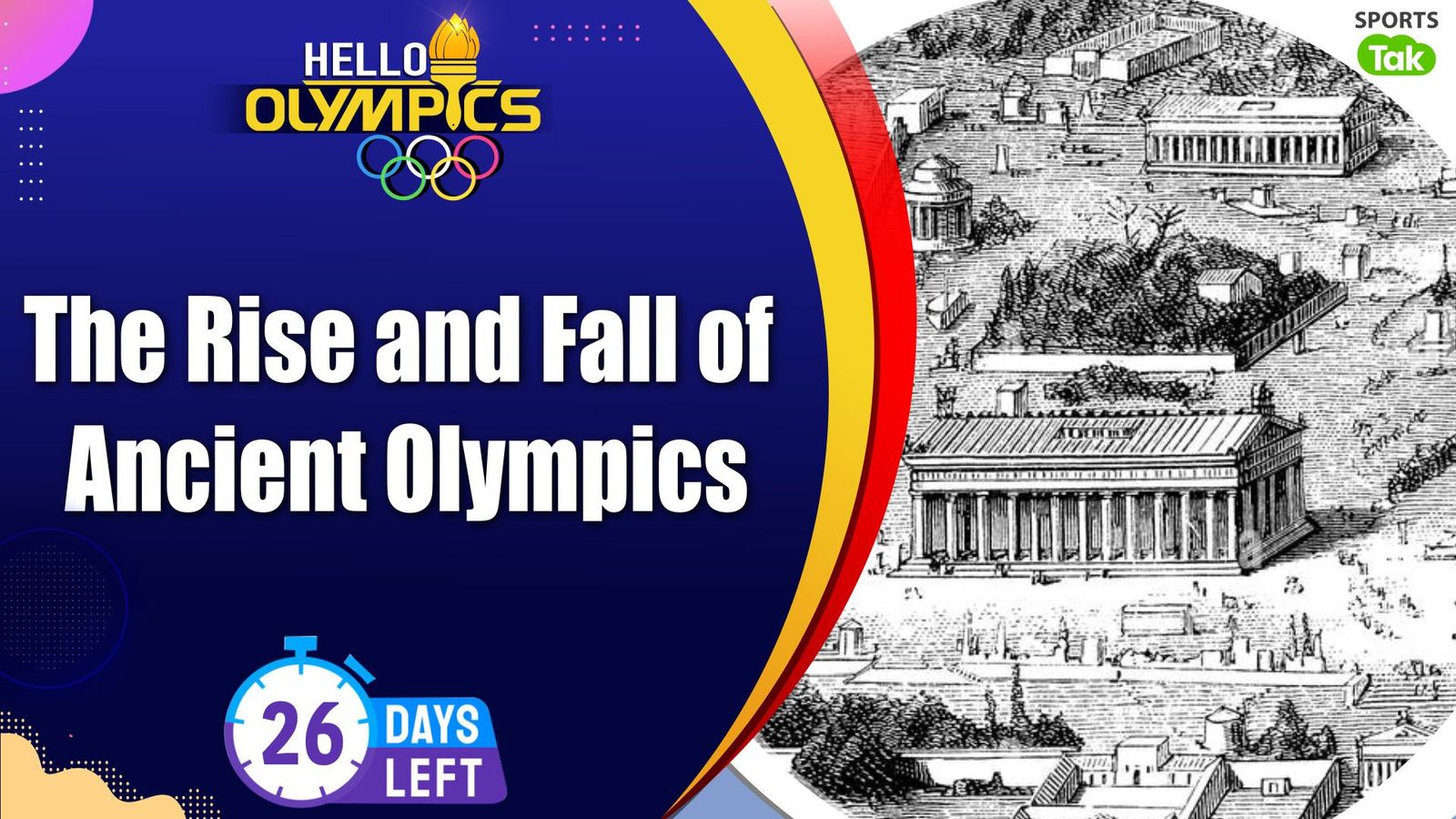The ancient Olympic Games, a cornerstone of classical Greek culture, encapsulate a fascinating history of athleticism, competition, and religious devotion. Emerging from the mists of legend and evolving into a highly organised festival, these games not only celebrated physical prowess but also fostered Panhellenic unity among the often warring Greek city-states.
How was Ancient Olympics named?
The origins of the ancient Olympics are steeped in mythology. The ancient Olympic Games were named after their location, the sanctuary of Olympia in the Peloponnese region of Greece. The name 'Olympia' is derived from Mount Olympus, which was considered the abode of the Greek gods, particularly Zeus, to whom the games were dedicated. According to one popular myth, the hero Heracles (Hercules) was the creator, having established the games to honor his father Zeus after completing his twelve labors. The first recorded Olympic Games took place in 776 BCE in Olympia, in the western Peloponnese. This date marks the traditional inception of the games, although it is likely that the event was observed in some form prior to this. Olympia was a major religious sanctuary dedicated to Zeus, and the games were held in conjunction with a festival in honor of the god. The event initially lasted one day and consisted of a single footrace, the "stade," from which the modern term "stadium" is derived. Over the centuries, the festival was extended to five days, and the range of events expanded to include various footraces, wrestling, boxing, the pankration (a brutal form of mixed martial arts), pentathlon (consisting of running, jumping, discus throw, spear throw, and wrestling), and chariot racing.
The Olympic Truce
An essential aspect of the ancient Olympics was the Olympic Truce or "Ekecheiria," which mandated a cessation of hostilities across the Greek world during the games. This allowed athletes and spectators to travel safely to Olympia and return to their respective city-states. The truce underscores the games' significance as a unifying event amid the endemic conflicts of the Greek city-states.
The Sacred and Secular
The Olympics were as much a religious festival as an athletic event. They included sacrifices and offerings to Zeus, whose massive gold and ivory statue by Phidias stood in his temple at Olympia, one of the Seven Wonders of the Ancient World. Victors of the games were revered like heroes, often receiving rewards such as free meals at public expense, the best seats at public festivals, and, most importantly, the adulation of their fellow citizens.
The decline and banning of the Games
The decline of the ancient Olympic Games began with the rise of the Roman Empire. Although the Romans initially patronized the games, they gradually lost their spiritual significance and became more secular and entertainment-focused. The original spirit of the Olympics waned further when Roman emperors started to interfere in the games to promote their political and personal agendas.
The death blow to the ancient Olympics came with the rise of Christianity as the state religion of the Roman Empire under Emperor Constantine. His successor, Theodosius I, issued a decree banning all "pagan" festivals in 393 CE, which included the Olympic Games. The sanctuary at Olympia fell into disrepair and was eventually abandoned, buried under floods and earthquakes.
Legacy
Despite their suppression, the legacy of the ancient Olympics endured. They were revived in the modern era by Baron Pierre de Coubertin, leading to the first modern Olympic Games in 1896 in Athens. The ethos of the ancient games, with their emphasis on peace, unity, and competition, continues to resonate through the centuries, informing the spirit of the contemporary Olympic movement.
The ancient Olympic Games thus represent a significant chapter in human history, embodying the complex interplay of sport, religion, and politics in ancient Greece. Their enduring appeal highlights the universal and timeless nature of the sporting spirit.
MORE ON SPORTS TAK:


